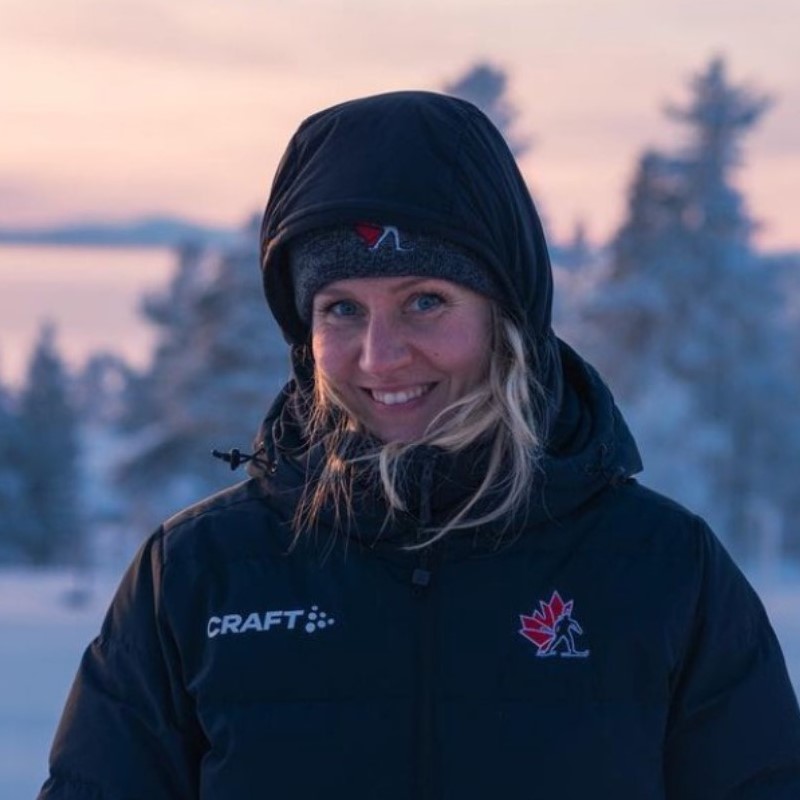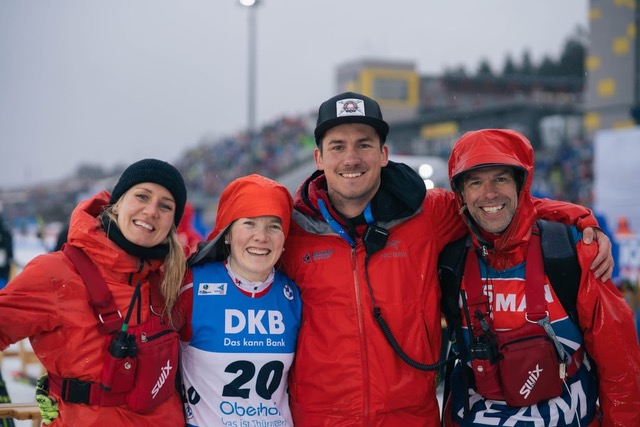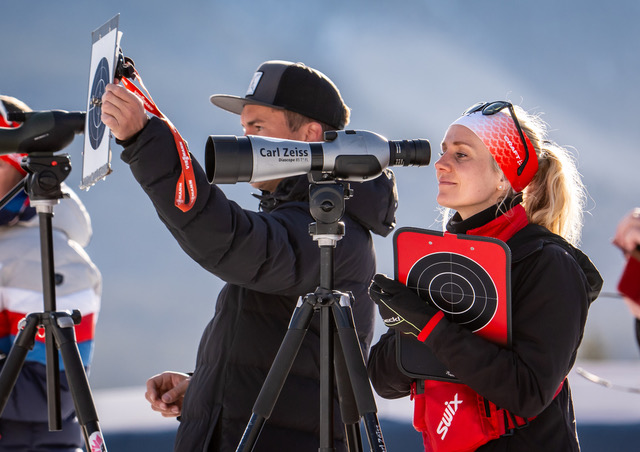Convocation Spotlight: Helene Jørgensen
19 June 2024
 As an undergraduate student at the Norwegian School of Sport Sciences, Helene Jørgensen participated in an exchange to the University of Alberta. She was interested in high-performance coaching and sports psychology and could see that the Faculty of Kinesiology, Sport, and Recreation would be the perfect place to further her studies one day. One field of research in particular piqued her interest — positive youth development, promoting positive outcomes through sports.
As an undergraduate student at the Norwegian School of Sport Sciences, Helene Jørgensen participated in an exchange to the University of Alberta. She was interested in high-performance coaching and sports psychology and could see that the Faculty of Kinesiology, Sport, and Recreation would be the perfect place to further her studies one day. One field of research in particular piqued her interest — positive youth development, promoting positive outcomes through sports.
We spoke to Jørgensen about her successes, challenges and what’s next.
What are you most proud of from your time in the program?
One of the goals for my PhD was to do applied research that could make an impact in sport. The moments I'm most proud of are when I have had a chance to connect my research and coaching practices. For example, as part of my PhD project, I delivered a mental training program to a high-performance biathlon training centre. It was a great experience for me to connect with the athletes about sports psychology. The golden moments were the times in our workshops when the athletes shared their "a-ha" moments, or when they came up to me after their training sessions to share something they learned about themselves. Although they might seem small, these are the moments that made me feel like research can really have an impact on our practice.
What was the biggest challenge you faced?
COVID was really hard and isolating. It was hard having to do most of my degree online, but I think it also showed us how adaptable we can be, even when facing big challenges.

How did you stay motivated and who helped you keep going when things got tough?
Celebrate the small wins along the way. Going through a degree is a long journey but you have to turn up the volume on the positives. Also, find your "flashlights" — people who will guide you and shine light through the darker times. My supervisor warned me early on that there would be dark times. During the harder times of my PhD, I remembered his words and I tried to look for my people, the flashlights that provided support and light.
There are so many people who helped me through my PhD — family, friends, colleagues, mentors and supervisors. They all helped in different ways and at different times. It is really important to ask for help if you feel stuck.
What advice would you give to a student thinking of entering this program?
Follow your passion! It's worth it.

What have you learned about yourself?
I have learned that one of my core values is growth. I really like growing and learning. That said, it can be very hard and frustrating at times; just like growing pains. I'll continue to lean into this value of growth as I move forward in my personal life and career. I'll remind myself that even though I might not be good at something (yet), it doesn't mean I can't learn or become better at something. It can be hard at times and it may feel frustrating. But I'll remind myself it is worth it for me in the long run.
What comes next for you?
I'm currently a national team coach working with Biathlon Canada, helping prepare our Canadian senior national biathlon team for the 2026 Winter Olympics in Milano Cortina. I'm also doing a part-time postdoc focused on women and elite sport under the supervision of Dr. Tara-Leigh McHugh. I see both as great opportunities for me to continue to grow as a person, coach and researcher.
Image 1 - Helene Jørgensen photo by Emily Dickson, Image 2 Helene Jørgensen and team, provided by Nordic Focus, Image 3 Helene Jørgensen, provided by Nordic Focus